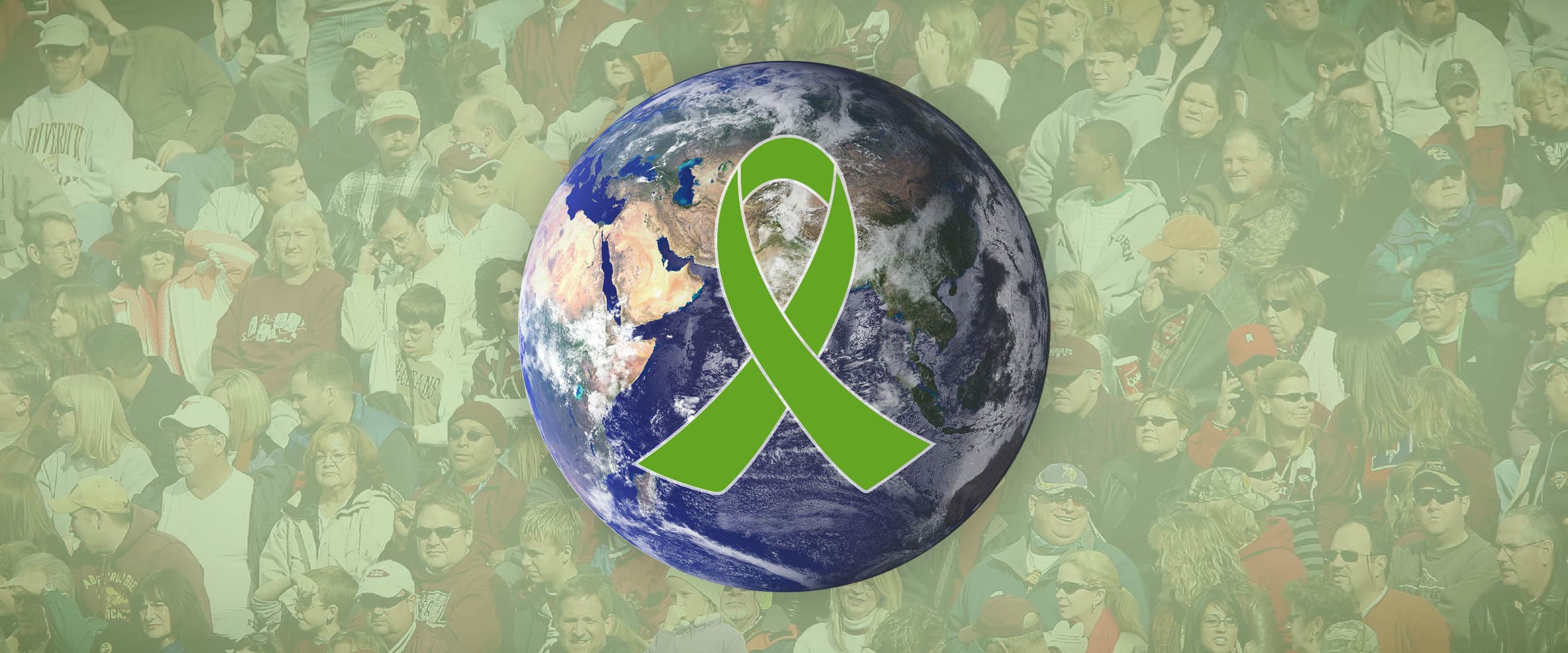What is World Mental Health Day?

Autism and mental health. Every year, the World Health Organization (WHO) observes a day called “World Mental Health Day” to promote mental health awareness across the globe. Recognized on October 10th, this year’s theme is “young people and mental health in a changing world.” The world has undergone many intense changes in recent years, including changes in the environment, social and political movements, and innovations in technology which impact our daily lives. These changes can be difficult to process, especially for young people who are experiencing many transitions at school, at home, and in their personal lives. By acknowledging the unique challenges that young people face, the WHO wants to use this day to spread awareness and encourage dialogue about mental health (“World Mental Health Day 2018”).
This year’s theme is especially relevant for young adults on the autism spectrum who are dealing with times of transition.
I am writing this blog from the perspective of a sibling of someone with autism; my younger brother is almost 22 and he is about to face significant life changes as he moves to adult housing. I am also an educator for young adults on the spectrum who attend a dual enrollment program at a college. From my experience, I have noticed that critical transitions can be especially difficult and can lead to high levels of anxiety, doubt, and stress. Through this blog, I hope to draw more awareness to the mental health struggles of those on the spectrum and how we can work together to build a supportive community.
How Do Mental Health Issues Affect Young People?
An important part of World Mental Health Day is understanding the frequency of mental health issues and how one can seek help. The WHO reports that half of all mental illness begins at age 14, with most cases either undetected or untreated (“World Mental Health Day 2018”). Several factors can impact a young person’s mental health, such as peer pressure, bullying, substance abuse, and relationships with family and peers. Young people who face discrimination based on their race, gender, sexuality, or ability are also at higher risk for mental illness. The WHO makes an important insight that “media influence and gender norms can exacerbate the disparity between an adolescent’s lived reality and their perceptions or aspirations for the future” (“Fact Sheet: Adolescent Mental Health”).
Around 10-20% of adolescents around the world experience some kind of mental health condition, however, lack of awareness or stigma can prevent diagnosis and treatment.
For young people on the autism spectrum, the rates of mental health issues such as anxiety and depression have been shown to be higher. Adolescents 18 and under on the spectrum have a 40% chance of having an anxiety disorder, often including “excessive worry and fear” according to one study (“Anxiety and Autism Spectrum Disorders”). They are also less likely to report their symptoms. Especially when growing up around mainly neurotypical people, young people on the spectrum often feel increased judgement and pressure to fit in with their peers. All of these factors show that we need more awareness as a society of the mental health issues many young people on the spectrum may face.
What Steps are Being Taken?
In order to help combat the rise of mental illness, the WHO hopes to build “mental resilience” in people’s younger years to equip them with tools to cope with mental illness in young adulthood. This includes early detection and treatment for those who are experiencing symptoms. It is important that we all look after each other as a community and be ready to recognize signs of mental illness. If you or someone close to you is experiencing signs of mental illness, encourage them to talk to someone about what they are feeling.
Please visit the Mayo Clinic webpage on Mental Illness to learn more about signs and symptoms of mental illness:
https://www.mayoclinic.org/diseases-conditions/mental-illness/symptoms-causes/syc-20374968
The WHO also provides examples of “promotion and prevention” that communities can get involved with. These can include one-to-one interventions; family-based and caregiver interventions; and school-based interventions (teaching on mental health, training staff to detect possible mental illness, and prevention programs for students). By implementing programs that increase awareness and promote early intervention, the WHO hopes to decrease the incidence of mental illness from childhood to adulthood.
What Can I Do for World Mental Health Day?
After learning about the global initiatives and statistics on mental health, you are probably wondering—how can I participate in World Mental Health Day? A National Today article provides several helpful suggestions for how to observe the day (“World Mental Health Day – October 10, 2018”):
- Check out the WHO website for campaign information → this website can provide information on the day including statistics, studies, and action plans
- Organize a conversation in your school or community → if you are able to do so, try organizing an event or start up a conversation in your community about mental health to help spread awareness. Use this day as a way to make connections with people who might have similar experiences
- Educate yourself on mental health → read information about mental health and if you or someone you know might need help
World Mental Health Day is a great opportunity to raise awareness in your community and take steps towards better mental wellness, especially for young adults on the spectrum who may be struggling. Get involved this October 10th if you are interested in learning more about mental health and learn how you could make a difference for yourself or the people in your life!
Please feel free to start the conversation by sharing your thoughts and ideas in the comments section below.
And to find out more about World Mental Health Day, please visit:
www.who.int/mental_health/world-mental-health-day/2018/en/







